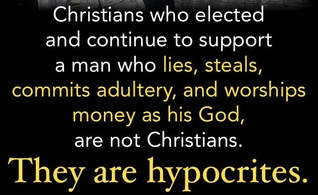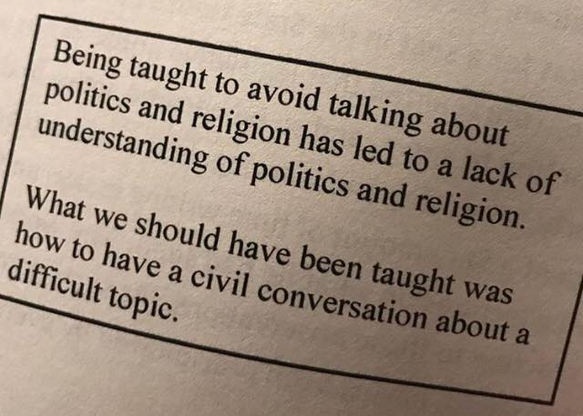
It seems to me that historically Christians run into problems when they start making claims of who is a Christian and who isn't a Christian based on who someone votes for or supports.
A person's vote, in today's day and age, is a very complicated decision. No one leader is going to represent all of what a person hopes for. Does that mean a politician's lifestyle or choices don't matter? Certainly it does, but to make the claim someone is not a Christian (or perhaps that they are a "bad" Christian) for voting for someone who has failed (morally and otherwise) and continues to fail is akin to sitting in the judgment seat. Meanwhile, a second group of Christians are perplexed at how the first group can vote for and support a leader who openly endorses late term abortions and all manner of sexual immorality.
The answer is obvious. Each individual has his/her own "priority" issue, and they support/vote for a leader who is most in line with that issue. It doesn't mean the other issues are not important or that the voter doesn't care about the other issues. Perhaps the voter doesn't think either leader will be able to change a certain situation, so they vote based on an entirely different issue.
The point is that individuals decisions on who to support or vote for are very complex. To insinuate (or, more often than not, openly criticize and vilify) someone who votes differently, is to degenerate into pre-school behaviour.
I respectfully suggest that it is far better to discuss policies, etc, of politicians and political parties; but to leave "people who support so and so are not Christians" out of it. In the end, no party or politician will adequately represent a godly perspective albeit, some make their distance more obvious than others.

 RSS Feed
RSS Feed